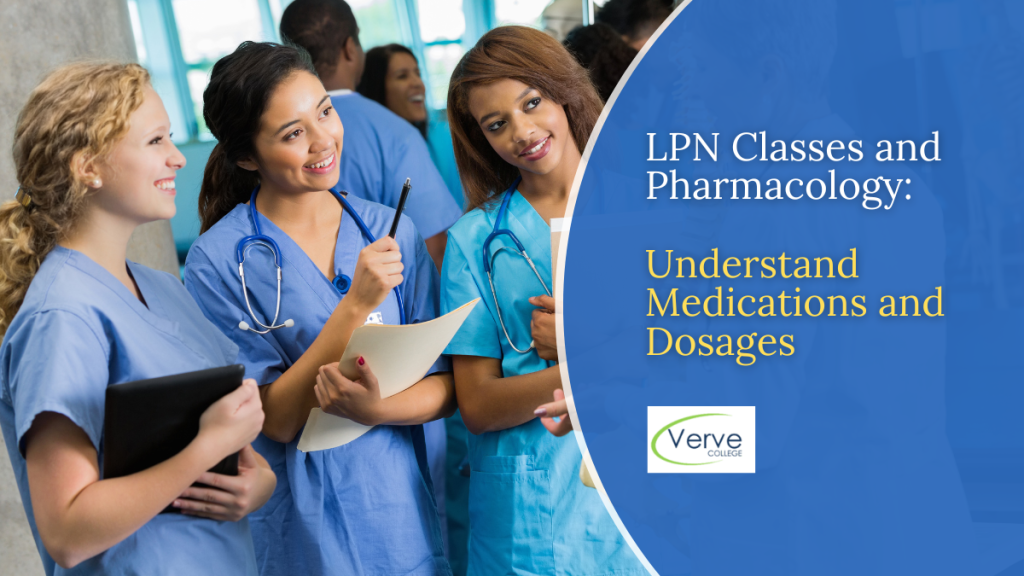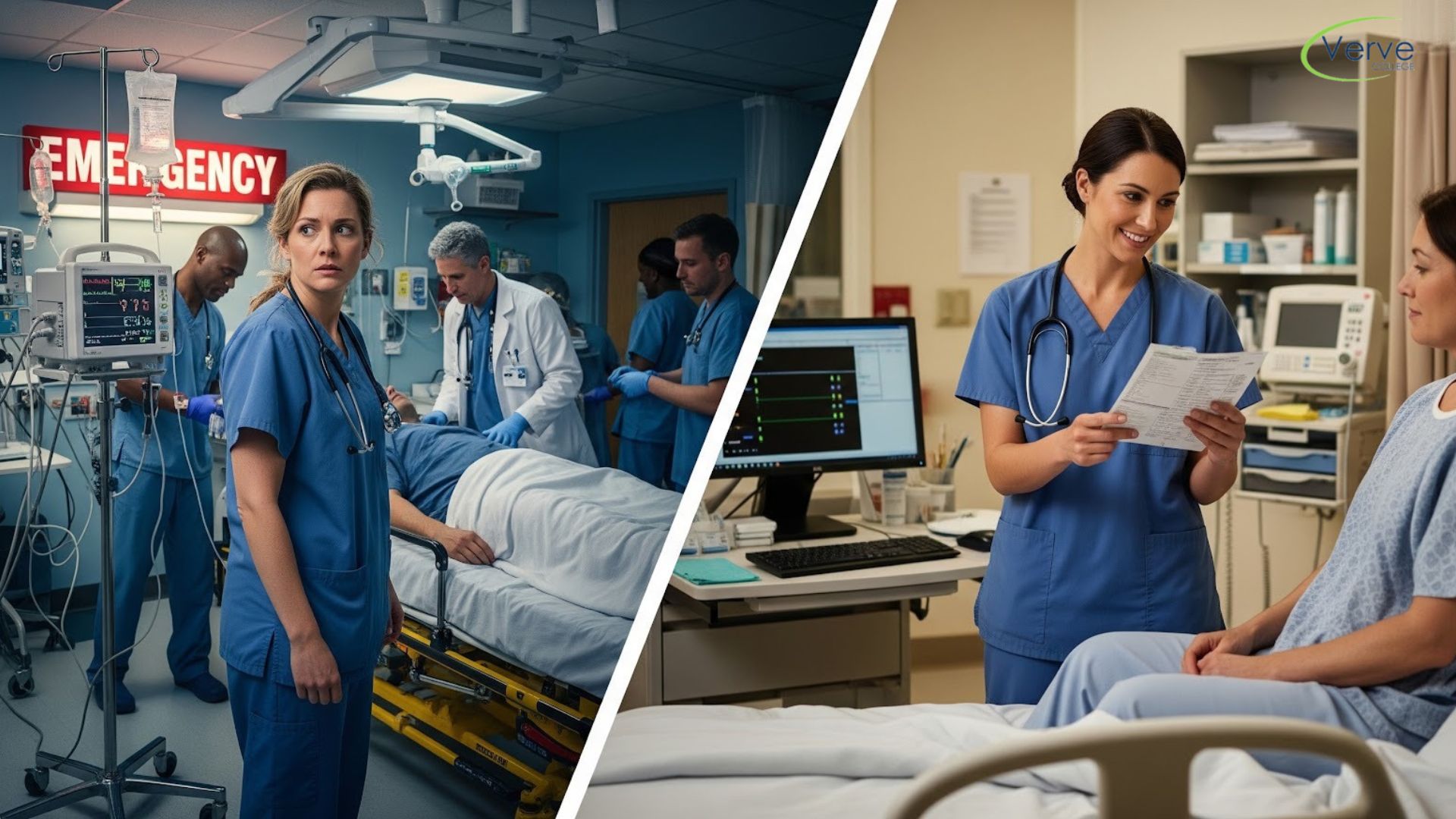- Oak Brook:(630) 705-9999
- Chicago:(312) 920-8822
- Email:inquiry@vervecollege.edu
- Make a Payment
- Home
- Programs
- Admission
- Resources
- ATI Entrance Exam Resources
- New E-Digital Library
- Refer a Friend
- School Newsletter
- Events
- Employers
- Job-Network
- Alpha Beta Kappa Candidates
- Verve College Library
- Graduation and Pinning Ceremony Photo Galleries
- Textbook Information
- Career Services
- Tutoring
- School Catalog
- FAQ
- Constitution Day Program
- Alumni
- Verve College Plans
- Financial Aid
- HEERF Reporting
- Satisfactory Academic Progress
- Apply For Financial Aid
- Net Price Calculator
- Return of Title IV Funds (R2T4)
- Financial Aid Office Code of Conduct
- Contact
- FAQs
- Verification Policy
- Vaccination Policy
- Student Right-to-Know Act
- Misrepresentation
- Information Security Program
- Academic Award Year
- Availability of Employee
- Cost of Attendance
- Health & Safety Exemption Requirement
- Students Rights and Responsibilities
- Leave of Absence
- Pell Formula
- Military Students
- Grants/ Scholarship Policy
- Contact Us
- Testimonials
- Blog
Is a Nursing Career Right For You?
Take The Free Quiz
LPN Classes and Pharmacology: Understand Medications and Dosage
LPN Classes and Pharmacology: Understand Medications and Dosage
Nursing plays a vital role in the administration of medication to patients. Depending on their work environment, this may happen every few minutes. Nurses must be well-versed in pharmacology and possibly fatal drug interactions.
The Nurse’s role in administering medication to patients in a hospital setting is wide-ranging, according to practical Nurses. You will be responsible for ensuring medication is administered correctly and properly, which you can learn in LPN Classes.
Administration of Medication in LPN Classes
A nurse can be defined as an assistant in nursing, Enrolled or Endorsed Nurse, or PN. A practical nurse can administer medication, but an enrolled nurse cannot. Some aged care facilities allow practical nurses to dispense medication. There may be restrictions for nurses administering medication due to errors or other violations. To safely administer medications, you must have a good grasp of pharmacology.
Nurses Must Refer to the Six Rights of Medication Management the Primary Role:
The Right Drug: Double-check the prescription, expiry date, and medication.
Right patient: verify the patient with at least two identifiers, such as their date of birth and name. Please make sure they are familiar with the medication and any side effects.
Right dosage: confirm dosage using current drug references. If the dose is not confirmed, calculate it and check again with a doctor or Nurse.
The Right Time: Confirm the frequency of the medication and confirm with the patient the date they last took it with a basic understanding.
Related:-Patient Care Skills in LPN Classes: A Holistic Approach
The Right Route: verify the correctness of the route and whether the patient can receive medication via this route.
Right documentation: document administer the medication immediately after it has been issued. Consistency can be guaranteed by using professional clinical software.
Drug Interactions
When administering medication, drug interactions should be considered. Drug interactions are situations in which the active ingredient of a medication may interact or interfere with another drug or product. A patient with multiple comorbidities or taking multiple medications is more at risk for adverse drug reactions. However, the drug is the most risk factor for mental health. Practically, this could be because many herbal medications interact with warfarin. This increases the risk of bleeding. You will get nursing practice in nurse training programs or in LPN classes.
Other mistakes can be related to medication packaging. High volumes of medication can lead to difficult decision-making. Medicine cabinets are often large. Sometimes medication packaging looks identical. There are often reported cases where packaging problems can be referred to as ‘look like, sound alike.
What to Do in an Emergency
Follow the DRSABC algorithm in the event of a drug interaction. This will ensure that the patient is informed and the area is safe. Notify your senior staff members and medical staff to request help. Call the Medical Emergency Team (MET) if the patient is unconscious. You must assess the patient’s airway, circulation, and breathing. Keep track of how they function over time. Keep checking the patient’s breathing status. You can practice in the best nursing colleges in Illinois.
Monitoring of Adverse Drug Reactions
Nurses are involved in many medication-related activities, including medication administration and detection of potentially fatal drug interactions. These include monitoring patients for adverse drug reactions and therapeutic effects of drugs”, stated an Associate Professor of Pharmacology at the Department of Nursing. Nurses must be able to recognize adverse drug reactions and therapeutic responses to ensure patient safety. Negative drug reactions can occur when a single medication is administered at normal doses. Unfortunately, they cannot be prevented as they are inherent to the medication.
Therapeutic Efficacy and Pharmacogenomics
According to A/Professor, nurses need to realize that some patients may need to adjust to a standard dose of medication, and others will not respond. Genetic variations are the driving force behind therapeutic medication efficacy.
It is common to try several doses before you find the right dose of warfarin. This ensures that there are no adverse reactions and that the dose that produces therapeutic effects minimizes the risk of side effects. Integrating PGx education in nursing CPD hours is crucial as it will increase knowledge about genetic variations affecting a patient’s response, impacting patient safety.
Improving Our Knowledge of Medicine
Nurses are responsible as health care providers to keep abreast of medical advances and new pharmaceutical drugs—set goals for your learning. You can focus your learning on a specific area you want to improve. Set a time frame and ensure you stay on top of your health. Nurses must take action to improve their knowledge of medication.
You can continue your education with short courses that provide contact hours. In return, you will receive a Continuing Education Unit. Online drug information can be found. It includes precautions, side effects, and dosage instructions. To keep your nurses up-to-date on medicines, attend seminars such as Illinois college of nursing tuition.
 Sign up
Sign up Login
Login




